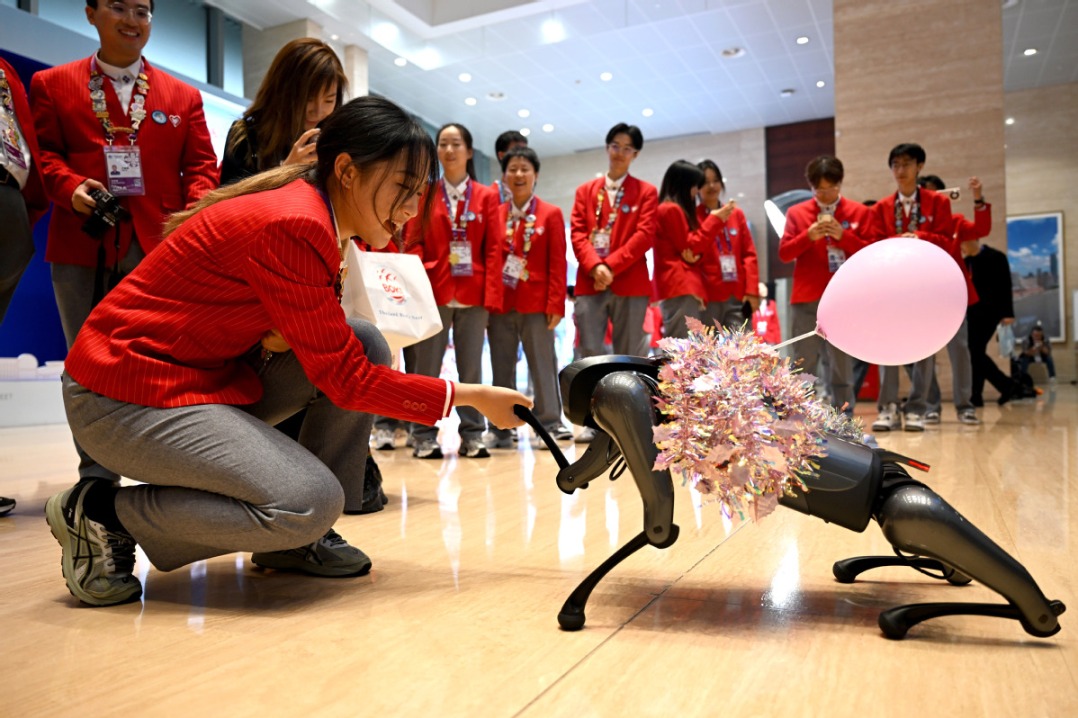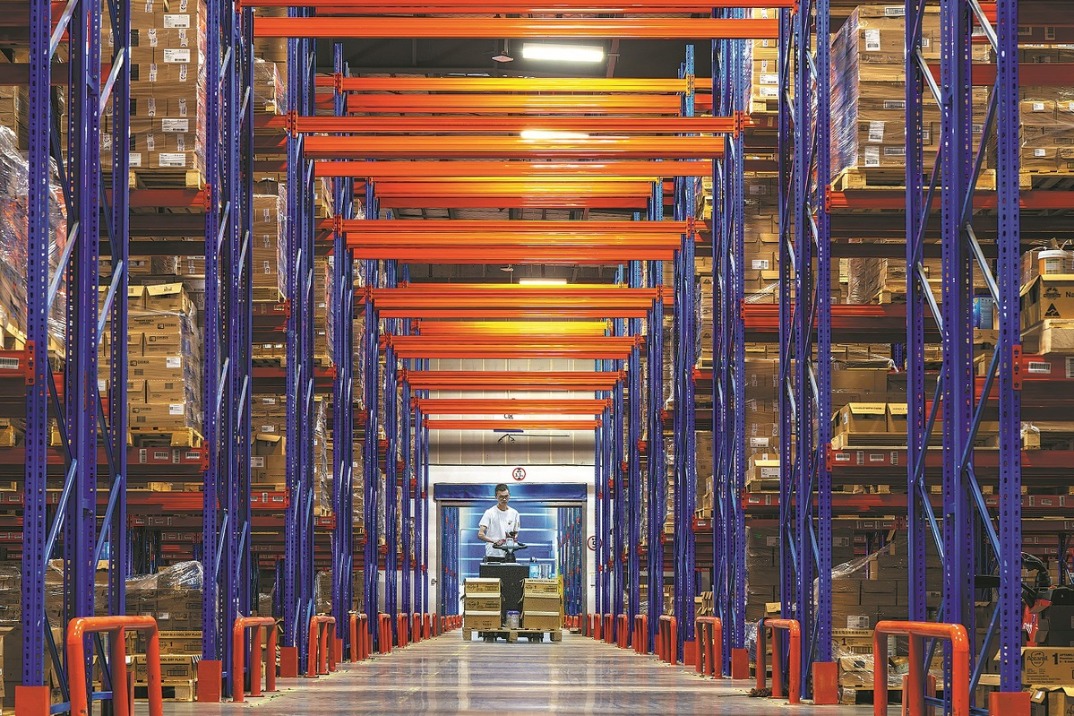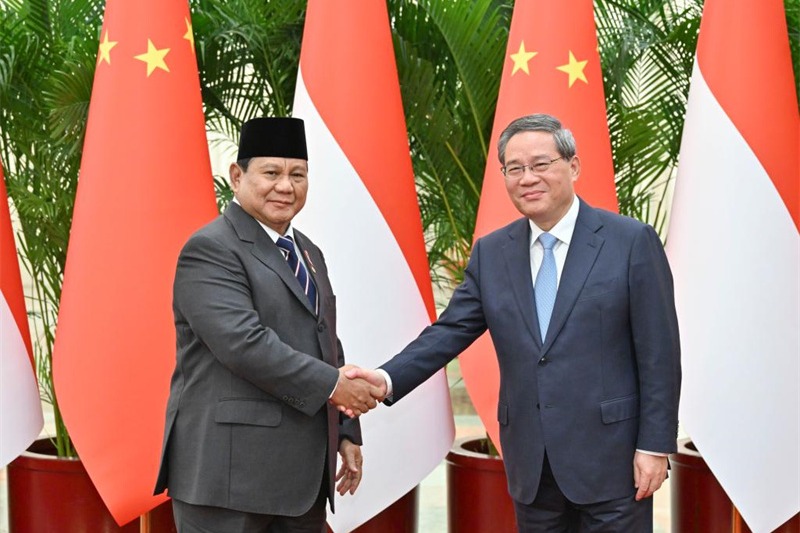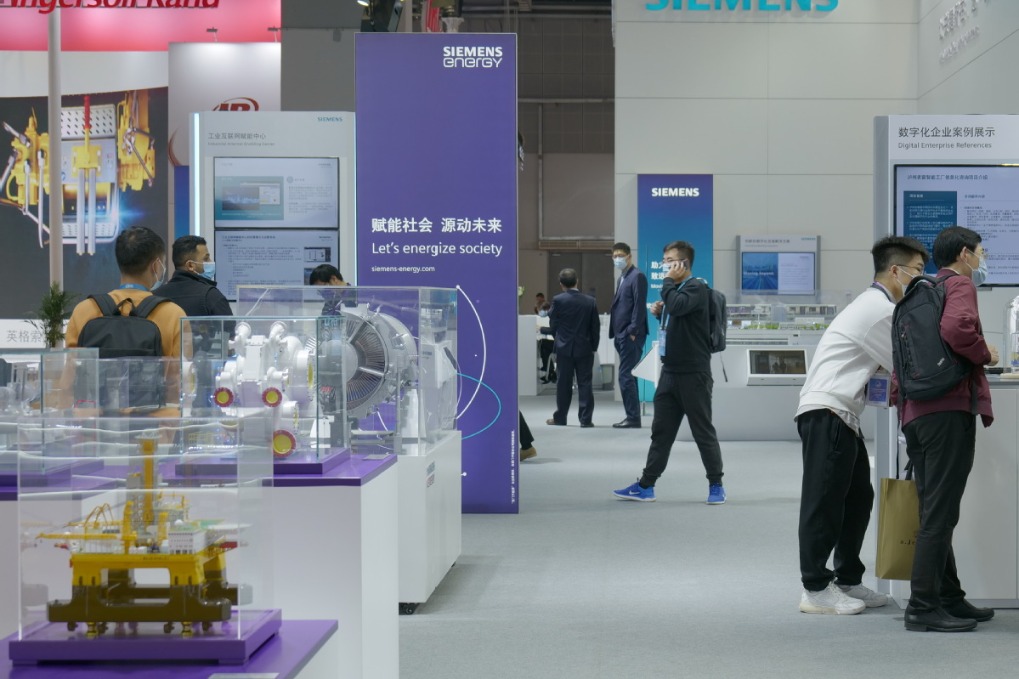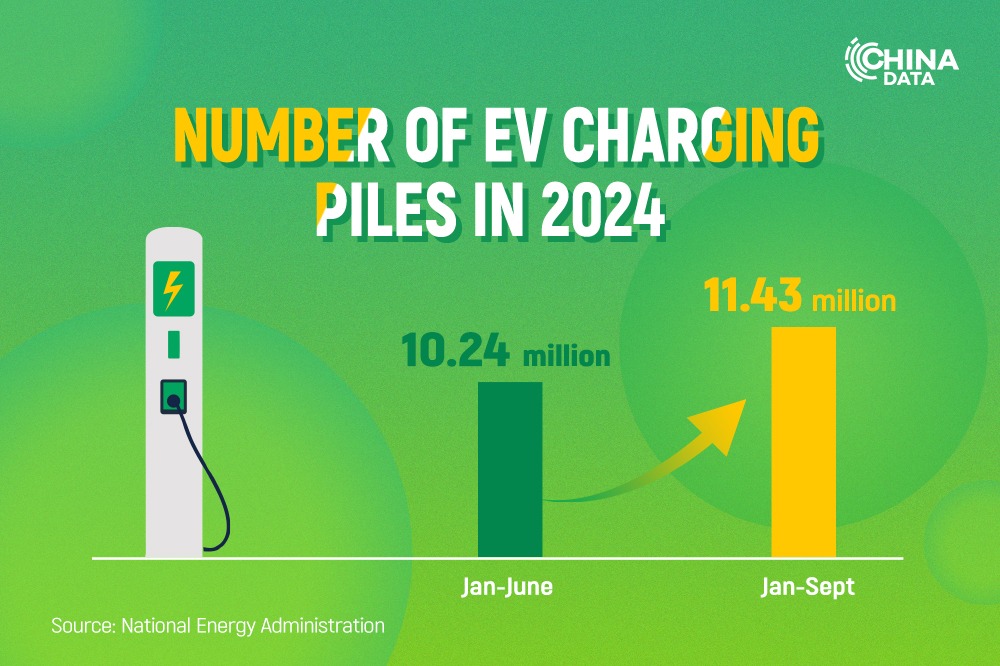Zhejiang pilots national plan to cut down on excessive red tape

 |
| Hangzhou Administrative Service Center in Zhejiang province is one of the first in the country operating under the newly-instated "At Most One Visit" reforms. [Photo provided to China Daily] |
'At Most One Visit' has seen several key government departments and offices integrated
Being bogged down in government red tape is something business people have come to expect as part of their daily lives if they are in big cities.
The public sector is too often the slowest to adapt to the latest in technology and innovation.
This usually leaves businesses to suffer through long queues and inefficiency just to get that tax credit or renew a business license.
But that seems set to change in East China's Zhejiang province.
Earlier this year it began piloting a system aimed at streamlining and bringing such services online, as well as making sure that if you have to visit a government department, you only do it once.
The scheme, loosely dubbed "At Most One Visit", has seen the integration of several government departments and placed them all under one roof at new administrative service centers throughout the province.
Wang Haiming, chief executive officer of Beyond Electronic Technology, a manufacturer of massage chairs based in Ningbo, Zhejiang province, has experienced the new system at Fenghua district's administration service center.
"It took less than one month to get all of our documents processed on our latest project," said Wang. "Previously we would be waiting three to four months."
He claimed that the streamlined processing has allowed his business to save time and money in the building ofa new 72,000-square-meter manufacturing base.
Zhejiang has been making efforts to improve its investment environment, with the newly-launched "At Most One Visit" at the fore, according to Zhuo Yongliang, chief researcher of the Research Center of Information Technology & Economic and Social Development, an independent academic institute.
The Zhejiang Statistics Bureau reported GDP for the East China province of 1.06 trillion yuan ($155 billion) in the first quarter of this year, up 8 percent on the same period in 2016.
It was also higher than the national average of 6.9 percent.
From January to April, gross profit of industrial enterprises in Zhejiang with annual revenue above 20 million yuan each reached 133.3 billion yuan, an increase of 18 percent compared with the first four months of 2016.
High-end manufacturing and information technology businesses were key to driving the economic engine.
Zhuo attributed the fast growth in Zhejiang, amid a general global slowdown, to the provincial government's efforts in upgrading its administrative services.
Companies are also supporting the scheme.
The "At Most One Visit" reform is taking advantage of Alipay, an online mobile payment system owned by e-commerce giant Alibaba Group Holding Ltd, established in Hangzhou, the provincial capital, in 1999.
According to Alipay in February, the app has 400 million registered users-more than the entire population of Europe.
From the city of Hangzhou to Nanhu district in Jiaxing, services such as social security payments, travel permits to Hong Kong and Macao, company registrations and births, deaths, and marriage certificates can now all be processed in one place.
It is all part of the central government's concept of putting people first, announced by President Xi Jinping at the fifth plenary session of the 18th CPC Central Committee, in October 2015.
"With the integration of online elements and payment facilities, people can get administrative processes completed much faster," said Dong Jihong, head of the administrative reform department of Zhejiang.
Information technology, online service platforms, and mobile apps are a key element of streamlining government and business administrative affairs.
This creates a more flexible and efficient service as well as reducing costs.
China, in particular, is well placed to take advantage of such technological reforms in the public sector, adapting well to and embracing the latest trends in innovation.
"Since Zhejiang introduced a mobile app and website for tax declaration on March 1, over 90 percent of people deal with their tax affairs online-a staggeringly quick takeup of people," Dong said.
"The service allows Zhejiang residents to check their social security fees and taxes, declare their income if they earn above 120,000 yuan annually, and make any payment needed using Alipay," Dong added.
So far, thousands of government services can be carried out completely electronically. Up to 80 percent of all services will move online by the end of the year, according to Zhejiang officials.
One of the most time-consuming and complicated procedures endured by any homeowner is that of exchanging contracts when buying a house.
In the county of Changxing, the process which previously took a matter of weeks and included visits to the Department of Land and Resources, the Department of Housing and Urban-Rural Development, and the Provincial Tax Bureau, can now all be done at the county's newly-built Administrative Service Center.
Jiang Weihong, an official from Changxing, stressed that the entire process can be carried out in less than an hour if all of the correct documents are supplied.
The latest figures from the Zhejiang government official website show that 370,000 land registration applications have been lodged using the "At Most One Visit" system in Zhejiang since the beginning of the year, of which 338,000 have been closed.
As the pilot province for the rest of China, it has not been entirely plain sailing for Zhejiang in the first few months.
Reports showed that some "At Most One Visit" procedures required more than one visit.
In some centers, reports have highlighted that more guidance needs to be given to people on how to make the most of the system, as well as greater cooperation in sharing data.
With government services moving into the online economy of the future, officials from Zhejiang assure that those with less access or ability with technology will not be left behind.
"Even though we want people to access their services online, there will always be a place to go to ask a staff member for help if it's needed," Dong said.
Zhang Xiang contributed to this story
Facts and figures behind the policy
Zhejiang initiated "At Most One Visit" service reform in Febuary 2017.
It is aimed to streamline administrative procedures for people and business.
As of March, 59 provincial departments have simplified 958 services.
So far, each city and county-level department has streamlined 1,002 and 862 services, respectively on average.
More than 80 percent of Zhejiang's civic services will be simplified by the end of 2017.
Administrative processes can now be accessed via digital channels such as websites and mobile apps.
More than 50 percent of services can be accessed online.
The app can provide more than 100 services, benefiting more than 10 million people.
About 649,000 enquiries each month are processed via the service hotline 12345.
















